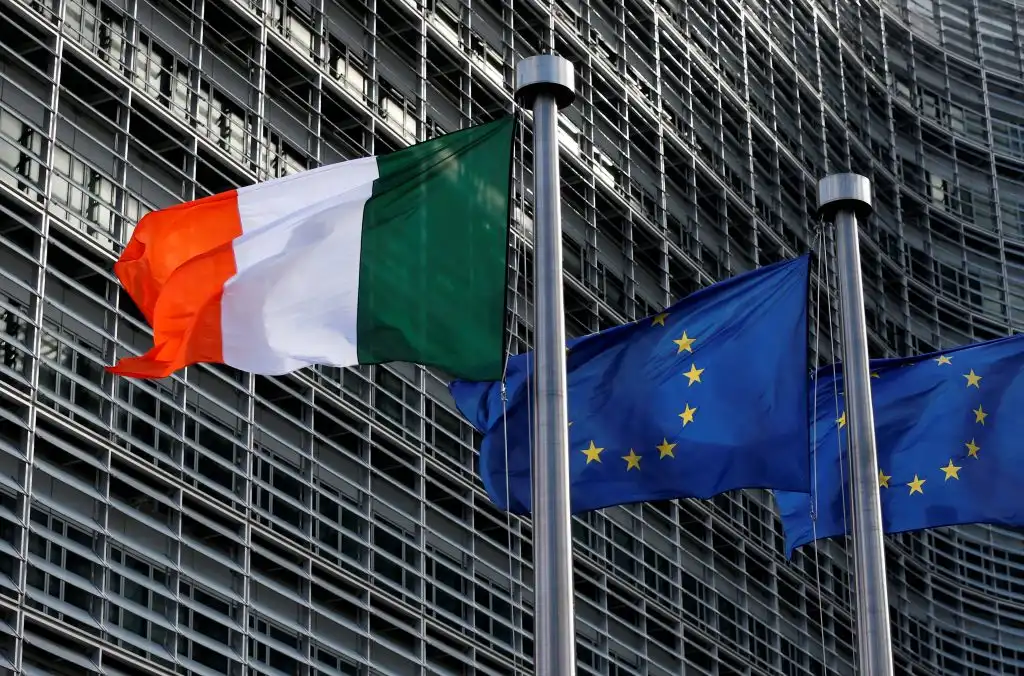European Union countries have approved measures to constrain Russian diplomats’ movements within the bloc.
The restrictions require advance notice to host nations for any travel beyond their assigned country. This step addresses suspicions of espionage and sabotage linked to Russia.
Response to Security Threats
The policy targets a surge in alleged incidents, such as arson attacks, cyber intrusions, drone activities, and damage to critical infrastructure.
EU intelligence attributes these to Russian agents operating under diplomatic immunity, making cross-border tracking difficult.
Historical Context
The Czech Republic pushed for these controls in 2023 after expelling several Russian diplomats over spying allegations.
Those individuals, still based in nearby Austria, could previously enter Czech territory freely. The new rules close such loopholes in the Schengen zone.
Kremlin’s Reaction
Moscow has promised retaliation against the curbs but offered no specifics. This follows the EU’s ongoing sanctions regime since Russia’s 2022 Ukraine incursion.
Push for Total Bans
Prague’s Foreign Minister Jan Lipavský argued against granting Russians Schengen-like freedoms. “No open borders for potential threats,” he stated, advocating for stricter isolation of diplomats.
Hungary Shifts Position
Hungary, once a vocal opponent, now supports the measures, paving the way for inclusion in the EU’s 19th sanctions round.
However, talks may stall over disputes involving Austria’s Raiffeisen Bank International, which seeks compensation from unfrozen assets tied to sanctioned Russian businessman Oleg Deripaska.
Upcoming Discussions
Further negotiations on the package are slated for Wednesday. At least a dozen EU diplomats caution that unresolved bank issues could jeopardize the broader agreement, delaying implementation.
Broader Implications
These restrictions reflect heightened EU vigilance against hybrid threats. They aim to enhance security coordination while maintaining diplomatic channels, amid evolving geopolitical strains.




















